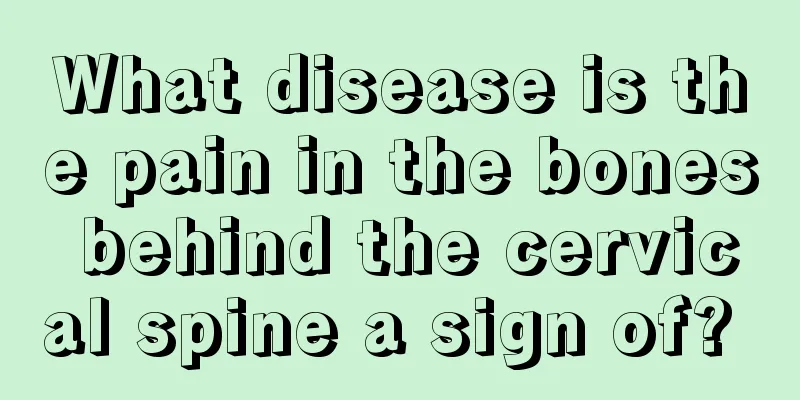Symptoms of hand synovitis

|
In fact, synovitis in the hands is quite common, and the incidence rate is getting higher and higher. It mainly occurs among people who often need to use electronic devices. Once it happens, you will feel that your joints cannot bend normally, and even have quite painful symptoms. This is quite uncomfortable, especially when the weather changes, the pain is more severe. 1. Radial styloid stenosing tenosynovitis Also known as de Ouervains disease, it is characterized by pain on the radial side of the wrist that is closely related to thumb movement. This disease is more common in women over 40 years old, but it can also occur in breastfeeding women. 2. Stenosing tenosynovitis of the flexor tendon It often occurs on the thumb, middle and ring fingers, and the age of onset is generally over 40 years old. In the early stage of the disease, snapping and pain occur when the fingers are flexed and extended, so it is also called "trigger finger". Patients often report inflexible joint movement and swollen joints. In severe cases, the joint is locked in flexion or extension, and the joint cannot be straightened or flexed. This disease occasionally occurs in children, with the thumbs on both sides in a flexed position and unable to be actively straightened. In mild cases, the thumb can be straightened through local massage when the child is asleep. In severe cases, the thumb cannot be straightened even passively. 3. Myosinitis Also known as gravel myothelial myociitis. When wrist activity increases, redness, swelling, heat, and local tenderness appear on the proximal side of the back of the wrist, and pressure may produce crackling or snow-stepping sounds. 4. Ulnar extensor carpi tenosynovitis It is one of the causes of ulnar wrist pain. The extensor carpi ulnaris tendon and surrounding sheath play an important role in supporting the distal radioulnar joint and the triangular fibrocartilage complex of the wrist. When the wrist is too active, repeated pulling or spraining may induce pain on the ulnar side of the wrist, especially soreness and weakness in the wrist when exerting force. 5. Myosinitis Most symptoms can disappear by immobilizing the wrist, applying local hot compresses, and performing local physical therapy or local blockade when necessary. If the symptoms recur over a long period of time, the peritendinous and synovial tissues become thicker, and local bulges occur, surgical treatment may be considered to remove the thickened synovium and fascia. 6. Ulnar extensor carpi tenosynovitis In the early stage, immobilization or local closure is required, and in the late stage, synovectomy or partial sheath resection is performed. Similarly, similar symptoms may occur in the radial and ulnar flexor wrist muscles, often caused by corresponding tenosynovitis. If the disease recurs, patients may also consider surgical treatment. |
<<: Symptoms of shoulder synovitis
Recommend
Will excessive fatigue cause kidney deficiency?
If you observe the people around us carefully, yo...
What foods are good for high white blood cell count? The answer is this
High white blood cell count is a result found in ...
Hazards of talar fusion surgery
Generally, talar fusion surgery is used to treat ...
What medicine should I take for the heat in the soles of my feet
Everyone's physical condition is different, a...
What can I use to wash away oil stains on clothes?
People have to wash clothes every morning, but th...
Fever after bladder cancer surgery
If bladder cancer is already very serious, surgic...
My skin is very oily when I wake up in the morning
If your skin is particularly oily in the morning,...
What are the 3 major early symptoms of lung cancer? Early detection and early treatment
What are the three early symptoms of lung cancer?...
Does esophageal tumor require surgery to cure?
Because people often eat too hot food, do not pay...
What symptoms does prostate cancer cause
Prostate cancer occurs in the patient's prost...
What to do if there are bugs in the room
Insects are quite common in daily life, and vario...
Is silicon harmful to the human body?
Silicon is a common chemical substance and an ess...
What are the symptoms of intestinal flora imbalance?
There are many symptoms of intestinal flora imbal...
What are the steps of Gram staining
Many people don't know what the Gram staining...
What is the fastest way to restore vision
Myopia is a very common thing for us, but do you ...









